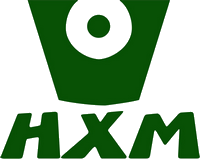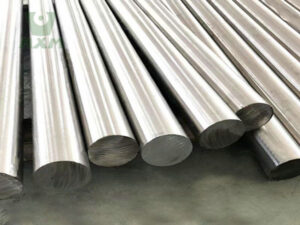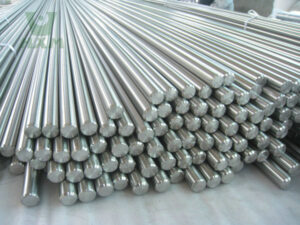In the realm of high-performance alloys, Incoloy 825 and Incoloy 925 stand out as versatile solutions for demanding environments. Both nickel-iron-chromium alloys offer exceptional corrosion resistance and mechanical strength, but their unique compositions and properties cater to distinct industrial needs. This guide delves into their differences, applications, and selection criteria to empower informed decision-making.
Incoloy 825 = Corrosion-first solutions.
Incoloy 925 = Strength-critical performance in sour/extreme conditions.
Overview of Incoloy 825 and Incoloy 925
- Incoloy Steel 825 is a nickel-iron-chromium alloy with additions of molybdenum, copper, and titanium. It is primarily designed for excellent corrosion resistance in both oxidizing and reducing acids, particularly sulfuric and phosphoric acids.
- Incoloy Steel 925 is a precipitation-hardenable nickel-iron-chromium alloy with additions of molybdenum, copper, and aluminum. It combines the corrosion resistance of Incoloy 825 with significantly higher strength due to its age-hardening capabilities.
Incoloy 825 and Incoloy 925 Chemical Composition: The Foundation of Performance
Incoloy Alloy 825 (UNS N08825)
- Nickel (Ni): 38–46%
- Chromium (Cr): 19.5–23.5%
- Iron (Fe): Balance
- Molybdenum (Mo): 2.5–3.5%
- Copper (Cu): 1.5–3.0%
- Titanium (Ti): 0.6–1.2%
- Key Additives: Titanium stabilizes the structure, enhancing resistance to intergranular corrosion.
Incoloy Alloy 925 (UNS N09925)
- Nickel (Ni): 42–46%
- Chromium (Cr): 19.5–22.5%
- Iron (Fe): Balance
- Molybdenum (Mo): 2.5–3.5%
- Copper (Cu): 1.5–3.0%
- Titanium (Ti): 1.9–2.4%
- Aluminum (Al): 0.1%
- Key Additives: Aluminum and titanium enable age-hardening for superior strength.
Mechanical Properties: Strength and Durability
| Property | Incoloy Alloy 825 | Incoloy Alloy 925 |
|---|---|---|
| Tensile Strength | ≥550 MPa (80 ksi) | ≥1,034 MPa (150 ksi) |
| Yield Strength | ≥220 MPa (32 ksi) | ≥689 MPa (100 ksi) |
| Elongation | ≥30% | ≥30% |
| Hardness (HB) | ≤200 | ≤366 |
Key Insight: Incoloy Metal 925’s age-hardening process delivers double the tensile strength of Incoloy Metal 825, making it ideal for high-stress applications.
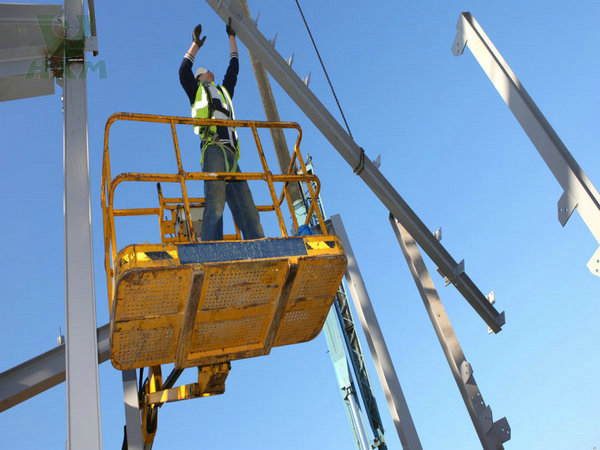
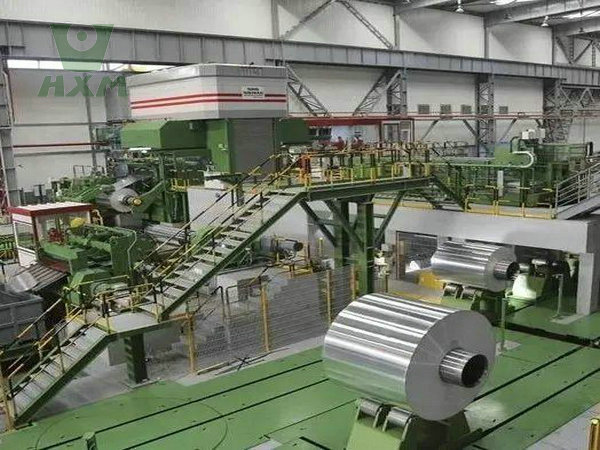
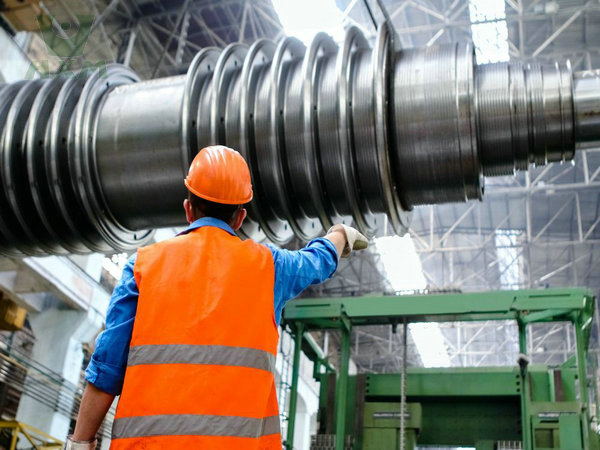
Incoloy 825 Vs Incoloy 925
Corrosion Resistance: Conquering Harsh Environments
Incoloy Steel 825:
- Oxidizing/Reducing Acids: Resists sulfuric acid (40% boiling), phosphoric acid, and nitric acid.
- Chloride Environments: Excellent resistance to pitting, crevice corrosion, and stress corrosion cracking (SCC).
- Alkaline Solutions: Withstands sodium hydroxide and potassium hydroxide.
Incoloy Steel 925:
- Sour Service: Meets NACE MR0175/ISO 15156 standards for H₂S environments in oil and gas.
- Halide Media: Superior resistance to chloride-induced SCC and pitting.
- High-Temperature Acids: Performs in concentrated sulfuric acid (up to 60%) and acidic gas streams.
Thermal Stability: Performance Under Heat
- Incoloy Metal 825: Maintains integrity up to 550°C (1,022°F). Certified for pressure vessels at 450°C (842°F).
- Incoloy MetalMetakl 925: Operates reliably up to 590°C (1,094°F). Age-hardening enhances high-temperature creep resistance.
Fabrication and Weldability
Incoloy Metal 825
- Welding: TIG/MIG with ERNiCrMo-3 filler. Post-weld heat treatment (PWHT) not required.
- Machining: Similar to austenitic stainless steels; use carbide tools.
Incoloy Metal 925
- Welding: Requires preheat (150–200°C) and PWHT (620°C) for age-hardening.
- Forming: Cold working possible but may require intermediate annealing.
Industry Applications
Incoloy alloys are a family of high-performance nickel-iron-chromium alloys designed to withstand extreme environments. Among them, Incoloy Steel 825 and Incoloy Steel 925 are two widely used grades, both offering excellent corrosion resistance and strength. However, they are engineered for different purposes and have distinct properties. In this article, we’ll compare Incoloy 825 and Incoloy 925, helping you understand their characteristics, advantages, and applications.
Incoloy Metal 825
- Chemical Processing: Acid recovery, scrubbers, and reactors.
- Marine Engineering: Seawater heat exchangers, offshore pipelines.
- Nuclear Power: Waste treatment and fuel reprocessing.
- Food Processing: Sterilization equipment, CIP systems.
Incoloy Metal 925
- Oil & Gas: Downhole tubing, valves, and packers in sour wells.
- Aerospace: High-strength fasteners, exhaust components.
- Pollution Control: Flue gas desulfurization (FGD) systems.
- Power Generation: Condenser tubing in fossil/nuclear plants.
In Conclusion
Incoloy Alloy 825 remains the corrosion workhorse for chemical and marine applications, while Incoloy Alloy 925 is the high-strength champion for oilfield and aerospace extremes. For mission-critical components facing combined corrosion, stress, and temperature, 925’s engineered precipitates deliver unmatched resilience.
Need a Quote or Technical Advice?
Our metallurgy team specializes in alloy selection for extreme environments. Contact us for certified Incoloy Metal 825/925 bar, tube, or forged components—traceable to mill test reports and compliant with ASTM/ASME/NACE standards.
Both alloys require precise manufacturing and quality assurance to perform at their best. As a leading metal supplier and manufacturer, we offer certified, high-quality Incoloy Steel 825 and Incoloy Steel 925 products with competitive pricing, fast delivery, and technical support. Our expertise ensures you get the right material for your demanding applications.
